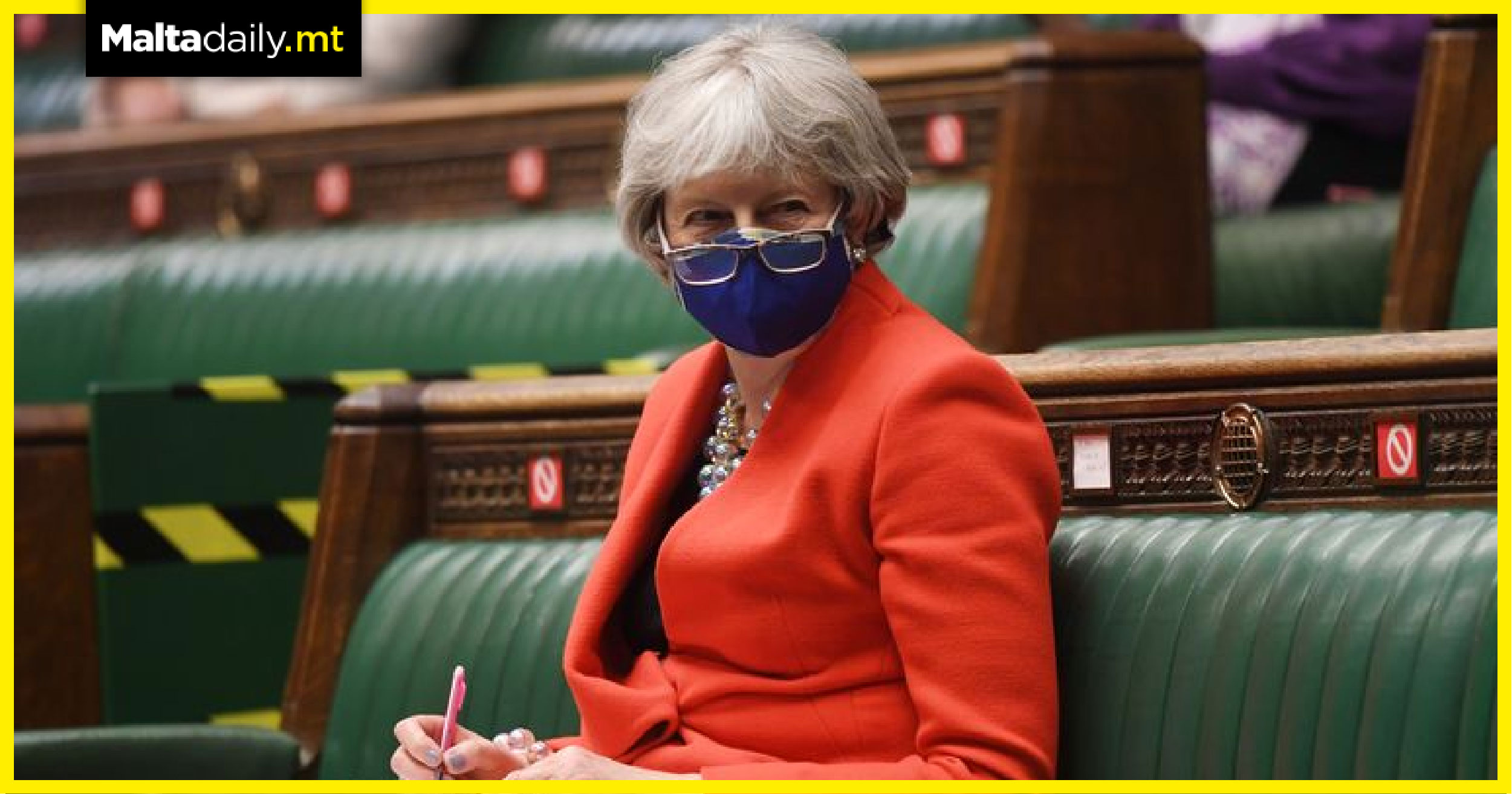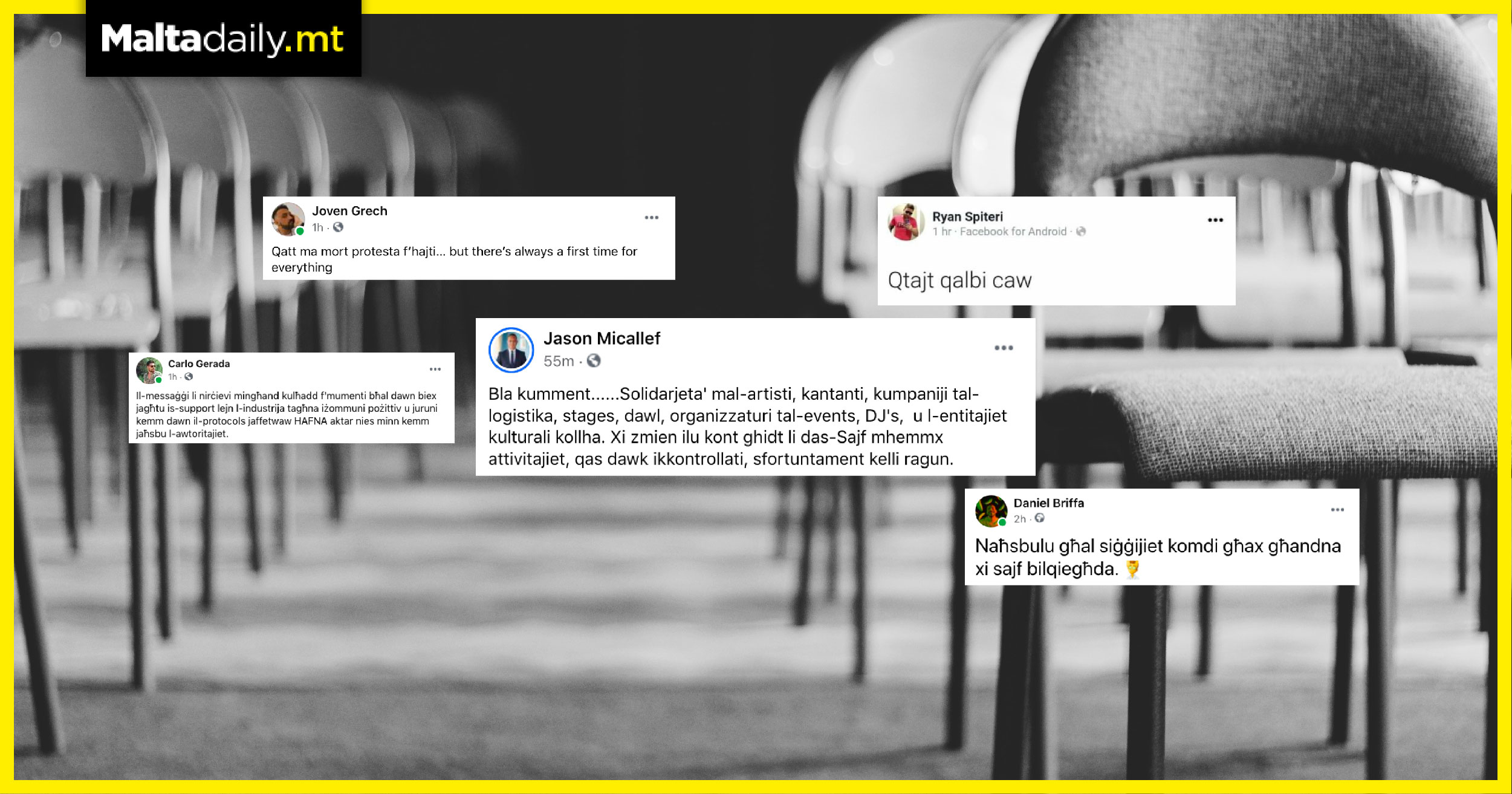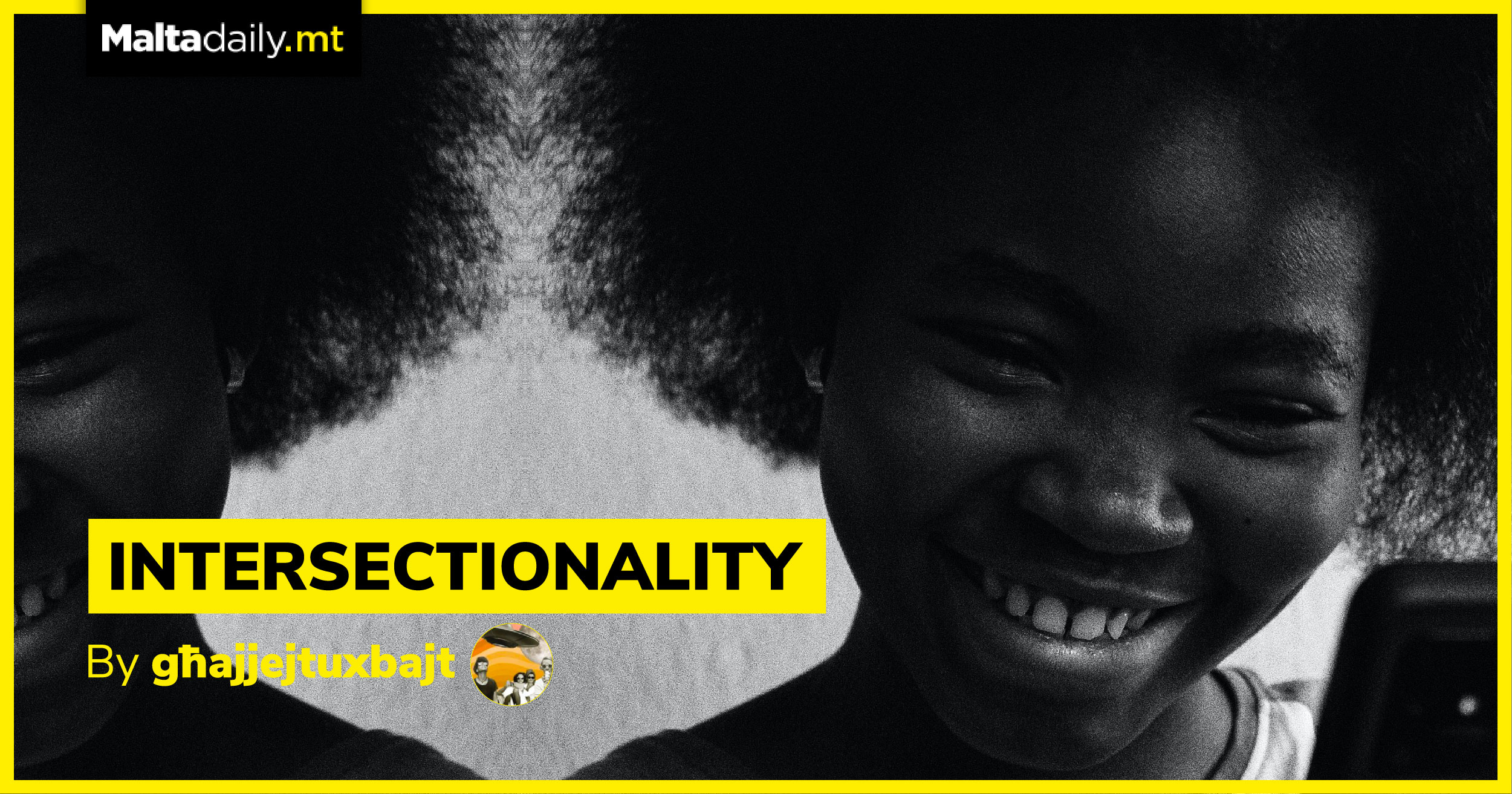
On Thursday, British politician Theresa May delivered a chilling speech with regards to the harsh reality of COVID-19, going on to state that “global Britain is shut for business”.
May highlighted the fact that new COVID-19 variants will surface every year and if the government persists on not opening travel until there are no new variants, then no one will ever be able to travel ever again.
View this post on Instagram
May concluded her speech by stating that “it is incomprehensible how one of the most heavily vaccinated countries in the world” is one of the most reluctant to give its citizens their freedom and support.
#MaltaDaily










